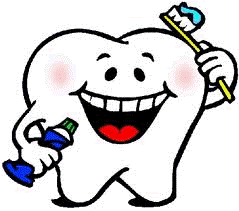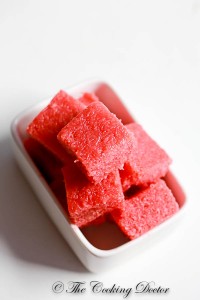by Caroline Wilky, Associate Director
Congratulations on your medical school interview! To secure an interview, you have likely devoted countless hours to study and preparation. With the goal you have been working towards for so long so close, you might be tempted to over-prepare.
Over-preparing, however, is more often than not counterproductive because medical school interviewers truly want to get to know you as a person. If you have been invited to interview, the admissions committee is confident in your academic ability. Consequently, the majority of interviewers are not interested in poking holes in your research or grilling you about the intricacies of the Affordable Care Act. They want to know whether you have the personal qualities, such as maturity, sensitivity, empathy, and self-knowledge, as well as the communication skills needed to be a successful (and happy) medical student and future physician.
If you over-rehearse or prepare a script or sales pitch for your interview, you risk turning what should be a conversation into an awkward, and ultimately self-defeating, performance. In an effort to stick to your prepared script, you may fail to listen to your interviewer’s questions or read his or her body language. Your interviewer might be left wondering how you will be able to communicate with patients if you cannot communicate effectively in an interview setting. This is not the impression you want to make.
That said, you do not what your interview to be the first time you talk about yourself and what has led you to pursue a career in medicine. There are things you can and should do to prepare.
First and foremost, practice discussing out loud personal anecdotes and experiences that influenced your thinking about science, medicine, patient care, or life in general. Talk about your academics, research, clinical experience, and extracurricular activities (medically related and not), but in a way that emphasizes their impact on you as a person. Do not just describe your research. Talk about what you liked about it (such as working as team, for example, or adapting to surprising results). Interviewers are less interested in hearing you describe what you did (that information is on your application), than how what you did shaped you as person.
Finally, schedule a mock with a member of our staff. We will help you prepare enough to feel confident and come across as the well-rounded and personable person you are.




 At a school with so many premedical students, it can seem that everyone is the same — taking the required courses, volunteering, conducting research and planning to move forward into a medical career. Frequently, future applicants will lament that there is nothing about their application that will “stand out” and grab the attention of admissions staff during the application process. From the point of view of your pre-health advisors, however, the applications to medical school from Penn students and alumni reflect a great diversity of interests and talents. Instead of asking, “How can I stand out?” the question might be reconsidered as “How can I stand up?” Instead of thinking about how you can distinguish yourself amongst peers, consider how you can best spend your time to satisfy your intellectual curiosity, serve others, engage with your community or challenge yourself. An application that “stands out” frequently is submitted by a person who didn’t spend a great deal of time calculating how to make that happen and stood up for their interests with passion and commitment. Have faith that if you are a good fit for medicine, have explored the field, and have developed yourself personally and professionally according to your inclinations, you will be noticed.
At a school with so many premedical students, it can seem that everyone is the same — taking the required courses, volunteering, conducting research and planning to move forward into a medical career. Frequently, future applicants will lament that there is nothing about their application that will “stand out” and grab the attention of admissions staff during the application process. From the point of view of your pre-health advisors, however, the applications to medical school from Penn students and alumni reflect a great diversity of interests and talents. Instead of asking, “How can I stand out?” the question might be reconsidered as “How can I stand up?” Instead of thinking about how you can distinguish yourself amongst peers, consider how you can best spend your time to satisfy your intellectual curiosity, serve others, engage with your community or challenge yourself. An application that “stands out” frequently is submitted by a person who didn’t spend a great deal of time calculating how to make that happen and stood up for their interests with passion and commitment. Have faith that if you are a good fit for medicine, have explored the field, and have developed yourself personally and professionally according to your inclinations, you will be noticed.